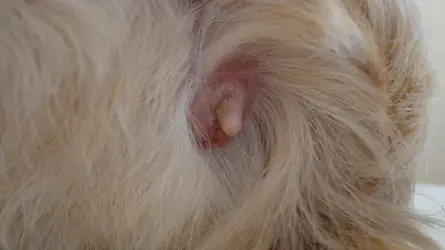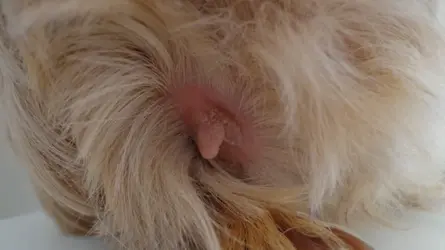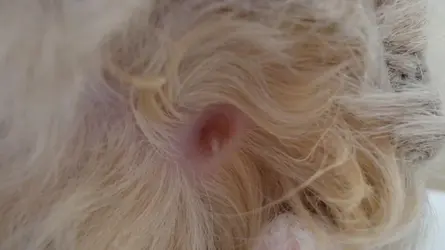I am sure you are in very good hands... I was reading online the website of this famous doctor Maddock, often mentioned by my vet (my rescue says one of the best in Italy) and consulted for advices also from italian vets.
I invite you to read Maddock's advices about prevention and diet; I copy here only some of his lines:
If your guinea-pig passes urine with blood in it or squeaks when passing urine, a
urinary tract infection (cystitis) is most likely.
(...)
Feeding timothy hay, fresh grass, greens low in calcium and
restricting or removing commercial foods (pellets or muesli) from the diet can help prevent recurrence. It is also important to encourage fluid intake, reduce obesity and treat cystitis promptly.
(...)
A comprehensive review of guinea-pig husbandry can found at
www.guinealynx.info/. This website provides information about everything you need to successfully look after guinea-pigs.
A correct diet is essential for guinea-pigs. Guinea-pigs require a
low calorie, high fibre, abrasive diet similar to the grass-based diet they would eat in the wild.
- Access to grass and/or hay at all times
- Fresh green leafy vegetables, cucumber, peppers, chopped celery and herbs should be offered daily
- A small amount of dry food such as extruded pellets, muesli-style mix or rolled oats could be offered daily. This food is less abrasive and higher calorie than the natural diet and should be strictly rationed.
- Free access to water should be provided at all times.
Guinea-pigs have a requirement for Vitamin C in their diet as they cannot make Vitamin C for themselves. Fresh vegetables and
fresh grass and dry foods will provide Vitamin C and Vitamin C can also be supplemented via the water or sprinkled onto the food if the levels in the diet are thought to be low.
--------------------------
I have no doubt your Harriet will come back home without any problem.

Vets here consider this Maddock as a God...






